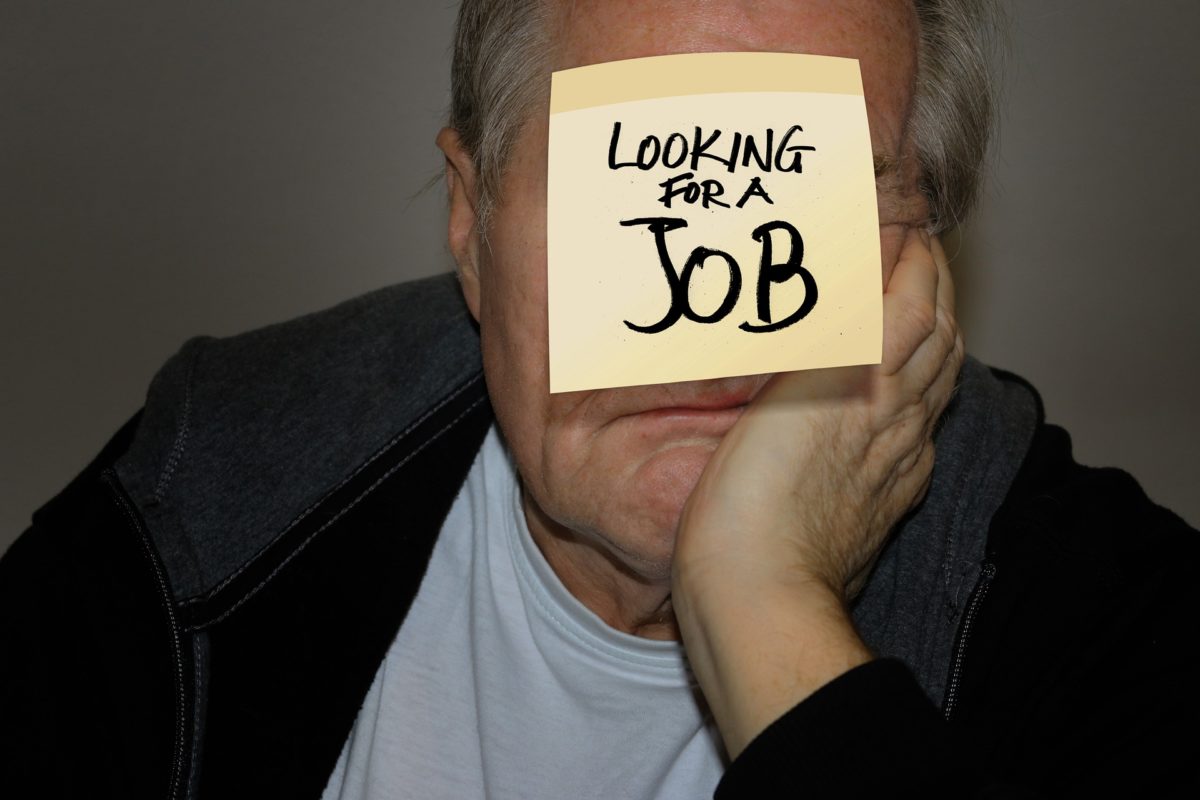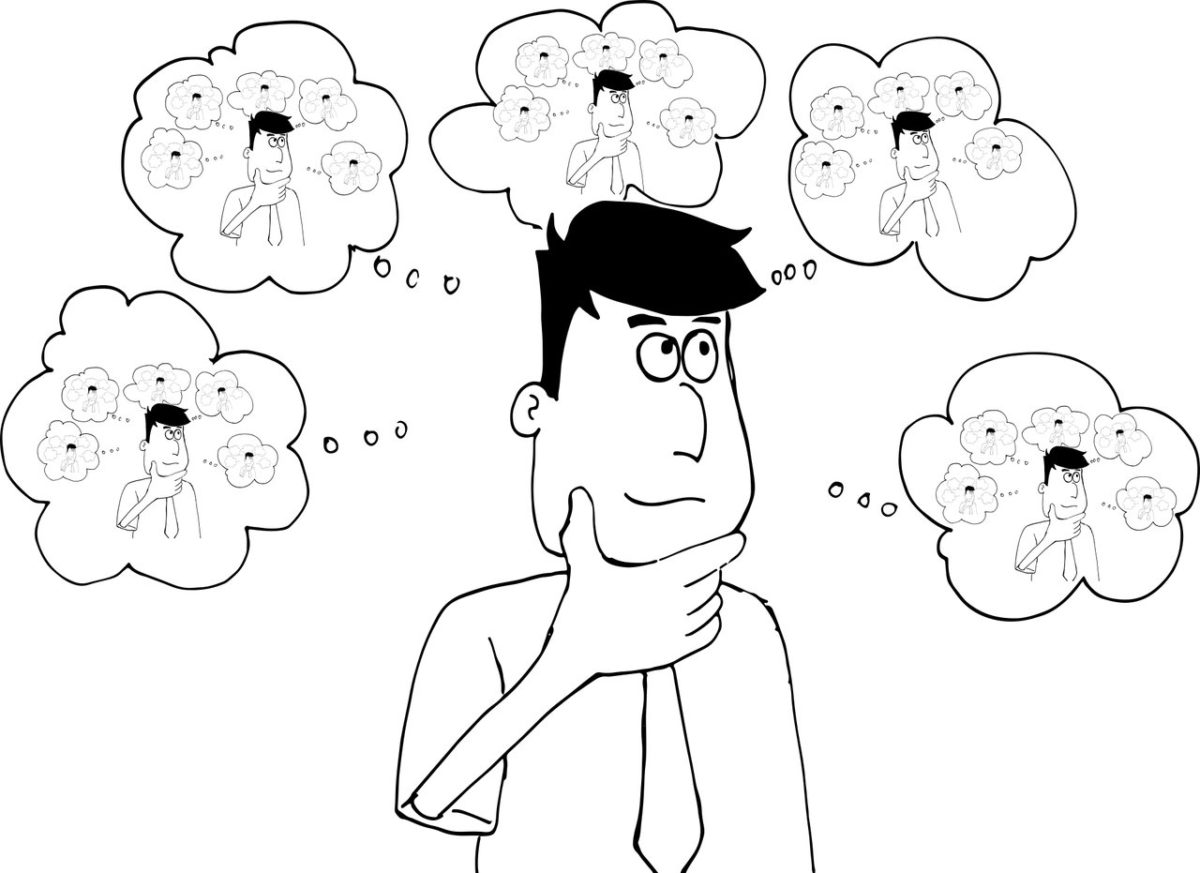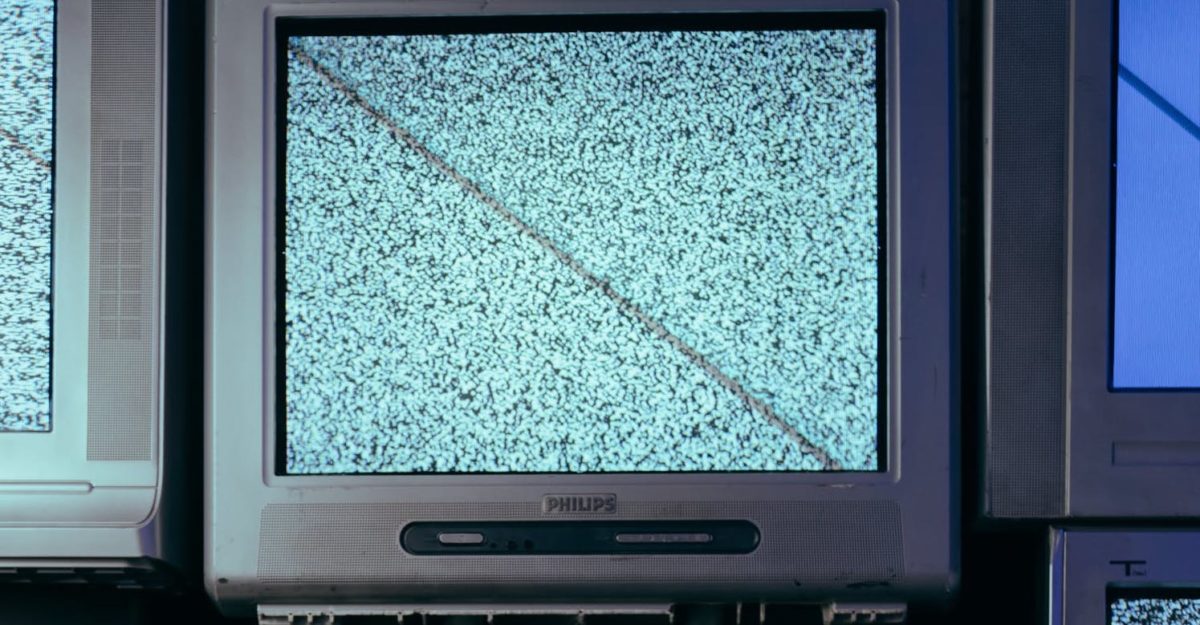That’s right, I said it.
Continue reading “Laziness Doesn’t Exist”Stage Hand: First Impressions
SECONDARY TITLE: I got a job y’all!
Continue reading “Stage Hand: First Impressions”The Slog
A few weeks back, I was checking out a thread on GearSpace (formerly GearSlutz, before the #MeToo movement caught up with it), about the type of work available for someone with audio engineering training.
The replies were not inspiring.
Continue reading “The Slog”Procrastination, or Needed Rest?
The inspiration for this article can be best described with a (short) story:
Continue reading “Procrastination, or Needed Rest?”This Is True Control
I owe y’all an apology. I realize this was meant to be a blog mainly about my progress in the music industry, along with tips and suggestions for the struggling artists out there. I ALSO realize what it’s become is largely one philosophical rant after another.
Which, in my arrogance, I still hope is useful to someone. Still, it’s probably not what you clicked here for.
I have been “working” (read: free collaborative work), and I have been learning. A lot. But, I don’t yet trust the knowledge; I don’t see the context it sits in, where and when it can be best applied. So I’m hesitating until some things are fleshed out a bit more. Some goodies will be coming down the pipeline soon though, promise!
In the meantime though, I thought I’d share my views on our sense of control, and why it’s not at all what we think it is.
Continue reading “This Is True Control”The Dictatorship of the Brain
Our brains and bodies are largely at war with each other. And it’s not an even fight.
We’re used to identifying with ourselves as rational creatures; we use our minds to solve problems, conquer obstacles, and so on. The less-predictable emotions by contrast, are as likely to help as get in the way.
Some even consider emotions, especially negative ones, largely unnecessary. Others just learn to push those unhelpful feelings down, so they can “get on with their lives”.
But that’s a mistake, and not just because we won’t actually live more happily or productively. For despite the illusion of control the brain gives us, it’s on the losing side of this boxing match.
Continue reading “The Dictatorship of the Brain”Signs You’re About to Burnout
As someone who historically struggles with motivation issues, the topic of burnout is an important one to me.
If you’ve ever hit your limit before, you know one of the main symptoms of severe burnout is a loss of desire to work on your chosen project – or really to do anything that doesn’t have to do with resting your overtaxed body/brain.

Your motivation is precious. I mean, the whole operation depends on it. So it helps to know when burnout is on the way, oui? Here’s what I’ve noticed in my own burnout struggles.
Continue reading “Signs You’re About to Burnout”What Makes a Good Instructional Youtube Video
FIRST: After much joy and suffering, my new track #SteamPoweredKnight is ready to ride! Check it out below:
SECOND: Uncle Youtube, you and I need to have a talk.
Continue reading “What Makes a Good Instructional Youtube Video”It’s Not the Craft, It’s the Mastery
Hold onto your hats, ’cause I’mma feeling philosophical today.
Why did you choose to make music your career? (Or whatever it is you do.) Was it something you always knew you wanted to crush at? Did it seem like the right balance between your passions and your talents? Maybe you just fell into it, because your friends and family are all enthusiasts.
Regardless, you’re here for one, over-arching reason: To find happiness in what you do. But the funny thing is, it doesn’t actually matter what you choose to do, because all skills eventually lead to the same place.
Continue reading “It’s Not the Craft, It’s the Mastery”How to Be a Music Artist With ADD
Hi, my name is Ian Crewe, and I have attention deficit disorder.
You wouldn’t know it to look at or talk to me – I’m fortunate enough to be relatively high functioning. But I, and people like me, have to face the symptoms of ADD every single day.
It was only recently however, that I came to realize how widespread those symptoms are – and the various compensating mechanisms I’ve developed in response.
That realization is owed almost entirely to psychologist Gabor Maté, and his brilliant and candid book, Scattered Minds. Much of this article today will reference what I’ve learned from this book.
Much like Dwight Schrute from The Office, having ADD often means having trouble prioritizing tasks. This is due to difficulty focusing one’s attention, chronic hyperactivity, and/or poor impulse control.
These symptoms manifest in many other ways as well, including a sense of wasted time, low motivation for most tasks, coordination issues, chronic memory lapses, poor social skills, trouble meeting deadlines, and so on.
I escaped the coordination issue, probably due to 9 years of Tae Kwon Do followed by ballroom dance classes, but the rest could describe me on any given day. For much of my life however, I assumed these things were due to me “just not trying hard enough”.

But I wasn’t “lazy”, and I didn’t need to motivate myself. I needed to understand the nature of the thing that held me back, and why it was there. I am far enough into the journey now to believe it is capable of healing the worst of the damage from the inside out.
Many researchers believe ADD is hereditary. And in a way, it is. But here’s the kicker: Most of the symptoms that we struggle with we acquired after birth.
Gabor hypothesized that the only thing we truly inherited from ADD was a heightened level of sensitivity. That is, stressful events that others quickly forgot about could cause lasting anxiety for us.
Add to that regular encounters with parents who, despite their best intentions (if we were fortunate) or due to neglect and abuse (if we were not), often caused us to feel we weren’t understood or supported the way we needed to be, and the stage was set for ADD to take root.
The good news is, if most ADD symptoms are largely due to childhood trauma, we should be able to gradually heal through therapy the same way others do.
And by itself, heightened sensitivity can be a great gift, especially if you’re an artist.

If you have ADD, you are probably able to spot tiny details that others would miss. Depending on where your strengths lie, art, music, or even rocket design, may speak to you in a language accessible only by a special few.
And whether you know it or not, you probably aren’t alone – many people with ADD end up becoming artists. Maybe we are trying to express ourselves, to make up for how unheard we felt earlier in life. Maybe we are trying to turn what was originally perceived as weakness into a strength.
Regardless of why, here we are. Welcome.
“I have never listened to anyone who criticized my taste in space travel, sideshows or gorillas. When this occurs, I pack up my dinosaurs and leave the room.”
Ray Bradbury, Zen in the Art of Writing
So, how do I (and how can you) accelerate the process of getting on with my life?
Probably the most helpful thing I ever did was start a journal. Doing so gave me a place to vent, but also to begin understanding what I was feeling in response to what happened out in the world. And the more I understood, the less angry I was at myself for “not trying hard enough”.
Gradually, I separated the parts of myself I didn’t like into separate entities, parts of myself that were nevertheless NOT myself, like a kind of biased advisor committee.

This allowed me to get to know these parts, so I could listen to them in moderation, without getting lost in them.
I also learned to pay attention to and trust feelings of overwhelm. For example, I like to socialize with like-minded individuals, but eventually a point comes when my addled brain just can’t keep up anymore.
In the past I would try and stick it out, and gradually sink into a quiet pool of despair and depression. Nowadays, I just call it quits, knowing my mind and body will thank me for the much needed recharge.
Managing your anxiety may also influence your chosen career path as well. You may find you want to have more control over your hours for instance, and so lean toward contract-based work.
Interestingly, Gabor mentions that adults often experience a kind of petulant energy called “counter-will” when they are forced to keep to someone else’s schedule or standards. This is a relic from our childhood, when we rebelled against our parents for limiting our autonomy.
That may not do anything for you, but knowing where certain patterns come from can be immensely helpful for some.
One of the hardest things I’m still working on is forgiving the times when I need to f*ck off and play video games for a few hours. We all need time to rest – ideally 24 hours when we aren’t even thinking about work. That’s not realistic for most of us, so hey, have some guilt-free cake, yo!
In practice of course, the body still acts like a jerk and tells you you should be working, so stop being so lazy, etc.
I’ve learned to be gentle with the voices, but firm when I know I need to hibernate for awhile. And over time, the voices have gotten quieter, and I’ve gotten better at parsing out when I REALLY need the break vs procrastination.
If you are towards the hyperactive portion of ADD (also called Attention Deficit Hyperactivity Disorder), I highly recommend building in time to exercise during the day – it can be a great head-clearer.
And on that note, I also recommend developing a consistent morning schedule. The first hour of the day is when the brain is at its most suggestible, and a rough start can be really hard to turn around, for anyone. Consistent morning schedules help create consistent mindsets.
This is just a drop in the bucket of what can be done of course. So, how do YOU manage your ADD?
Credits:
‘Dramatic tattooed male sitting at piano” by Andrea Piacquadio from Pexels
‘Group of People Standing and Smiling’ by Mikhail Nilov from Pexels
‘Man in Brown Button Up Shirt Wearing Black Sunglasses’ by cottonbro from Pexels










